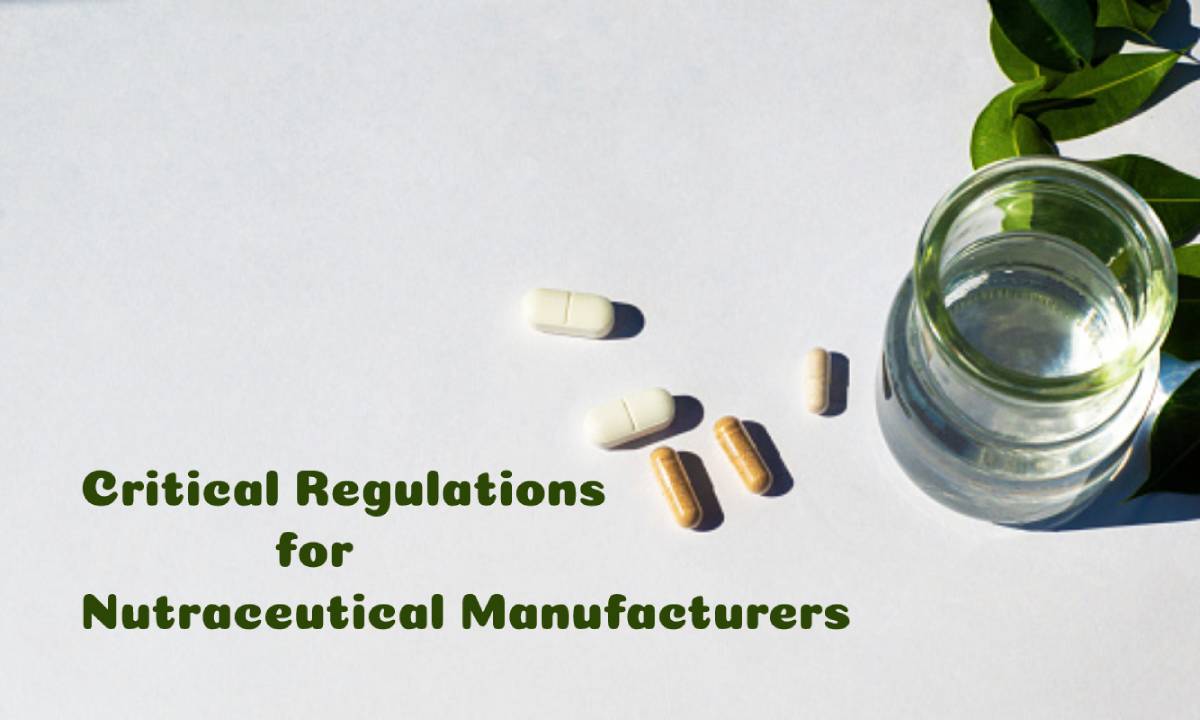The FDA has the authority to regulate dietary supplements under the Federal Food Drug and Cosmetic Act (FD&C Act). The nutraceutical industry is also not spared from the impact of counterfeit supplements. Therefore, FDA has set out some strict regulations for a product to be classified and sold as a nutraceutical in the market. Some of these are:
Regulations on Safety
Nutraceutical manufacturing must comply with Current Good Manufacturing Practice (cGMP) regulations. These include requirements for the design, construction, and operations of a manufacturing facility, the quality control unit, recordkeeping, and product release.
The FDA also has specific safety concerns that it watches out for in nutraceuticals. For example, some products might contain hidden drug ingredients, posing a safety risk. The FDA has also warned about the dangers of supplements that contain high levels of lead and mercury.
Regulations on Efficacy
For a nutraceutical to be effective, it must meet certain standards. The FDA defines an effective dietary supplement as “one that adequate and well-controlled scientific studies have shown to substantiate the claim or statements made about it on the label.”
The manufacturer of a product is responsible for ensuring that its product is safe and effective. The FDA takes a risk-based approach to regulate dietary supplements, which focuses its resources on products that pose the most significant safety concerns.
The agency also evaluates claims made about a product before it is marketed. If the FDA finds that a claim is not supported by adequate scientific evidence, the product might be subject to enforcement action.
Regulations on Quality
A set quality standard that a nutraceutical must meet to be sold in the market. The FDA’s cGMP regulations require that dietary supplements be manufactured using good manufacturing practices. These practices include measures to ensure the quality of the ingredients and the final product.
Correct Packaging and Labeling
The FDA also has specific requirements for the packaging and labeling of dietary supplements. For example, the label must list all of the ingredients in the product and information about the dosage.
If a manufacturer makes any false or misleading claims about its product, it could be subject to enforcement action by the FDA. The agency is also responsible for ensuring that the dietary supplement label is truthful and not misleading.
Traceability and Call Backs
The FDA requires that nutraceutical manufacturers like Avantor maintain certain records to track the distribution of dietary supplements and respond quickly to any safety concerns. These include records of where a product was manufactured and distributed and adverse event reports.
Such records are necessary in case of product recalls. The FDA can use them to quickly track down the source of a product that might be contaminated or pose a safety risk.
The bottom line is that nutraceuticals must meet a high bar to be sold in the United States. The FDA has put in place rigorous regulations to ensure the safety and efficacy of these products. By complying with these regulations, manufacturers can help ensure that their products are safe and effective for consumers.




